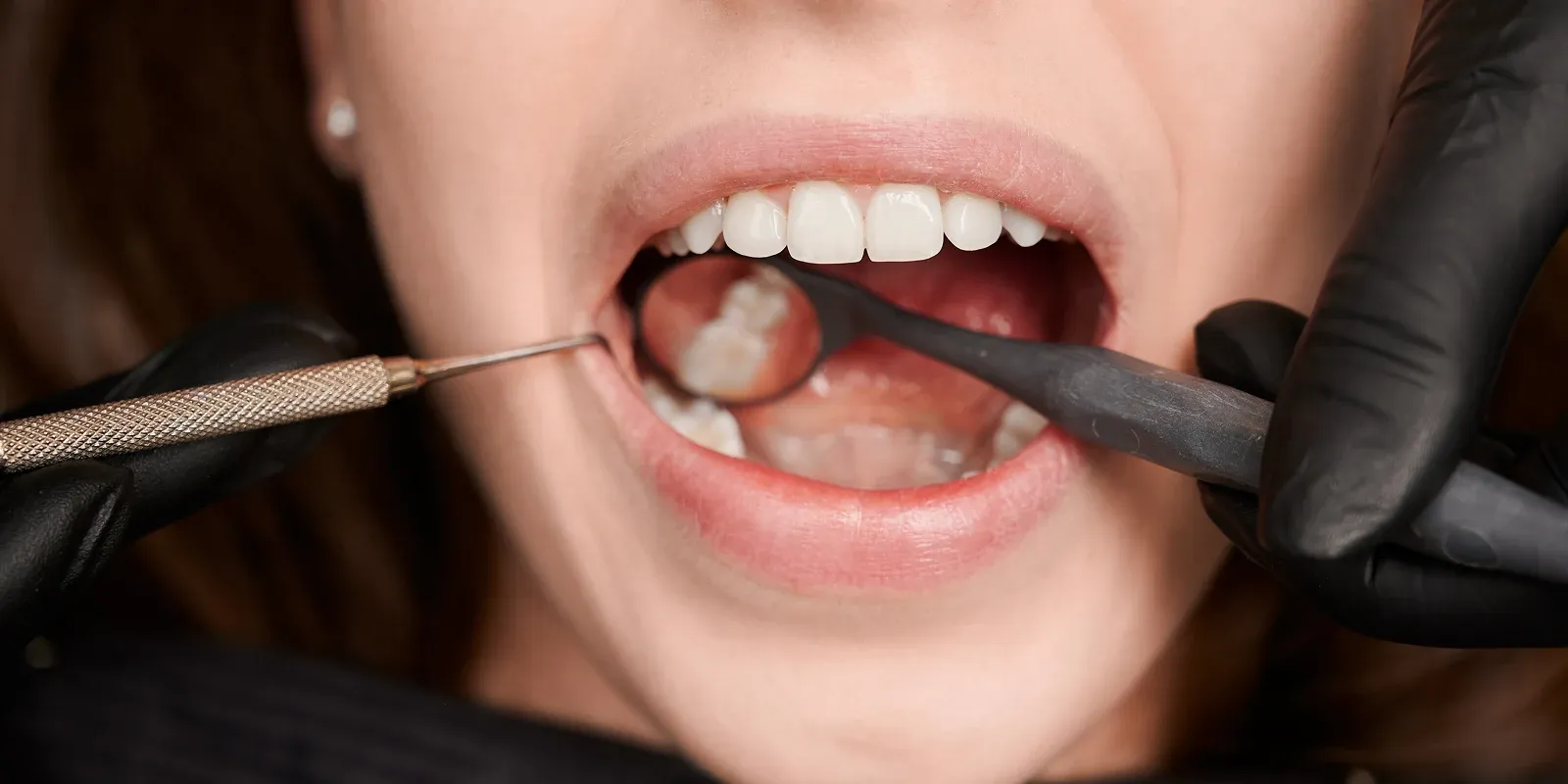
HomeBlogs
Your Place To Know About Dental Concepts
Knowing details about your oral health is important and we make sure we help you know the right details.
Our Insights
Our Blogs
Here are some of our top blogs based on your queries related to dental issues and concepts.
 Restorative Dentistry
Restorative DentistryHow Much Does a Dental Filling Cost in San Francisco? A 2025 Pricing and Procedure Guide
Dental fillings are restorative materials used to repair teeth that have been damaged by decay, cracks, or minor fractures.
Dr. Aja
 Orthodontics
OrthodonticsPorcelain Veneers in San Francisco: What to Expect Before, During, and After Treatment
Porcelain veneers are thin, custom-made shells made from durable ceramic material. These shells are bonded to the front surface of your teeth to improve their color, shape, size, and overall appearance.
Dr. Aja

7 Types of Dentures Explained: Find the Best Denture Option for You
Dentures are custom-made prosthetic devices designed to replace missing teeth effectively.
Dr. Aja
 Orthodontics
Orthodontics8 Things to Know Before Starting Invisalign Treatment in San Francisco
Invisalign is a popular alternative to metal braces for teens and adults who want a more discreet, comfortable orthodontic experience.
Dr. Aja

